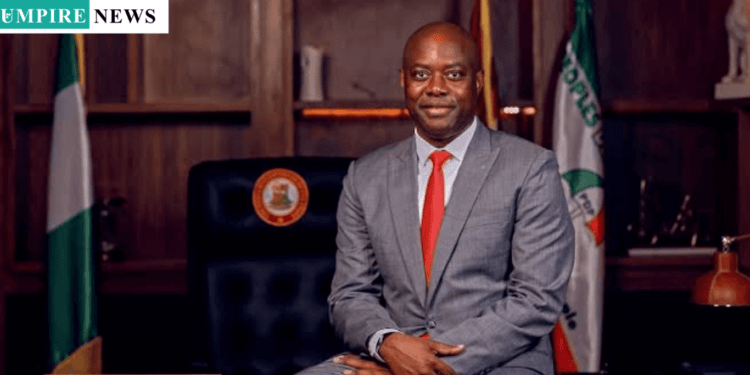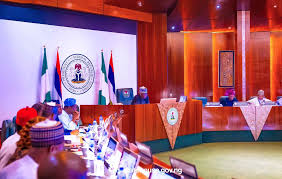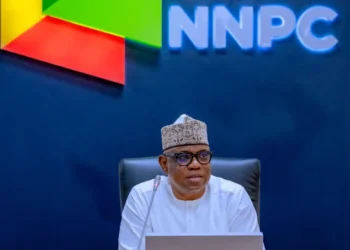The Oyo State Government has announced plans to challenge the legality of the recently established Sharia panel in the state.
Governor Seyi Makinde’s administration maintains that the panel’s establishment is unconstitutional. According to the
Governor’s Chief Press Secretary, Dr. Sulaimon Olanrewaju, the state government will test the legality of the Sharia panel in court.
Olanrewaju emphasized that the Constitution does not allow individuals or groups to establish courts or panels. The
Sharia panel, which has already commenced sittings in Oyo town, aims to adjudicate disputes among Muslims in the state.
However, its establishment has been met with opposition from Christian groups, who view it as an attempt to
Islamize the South-West region.
The Chairman of the Sharia Committee of Oyo Land, Dr. Rafiu Bello, confirmed that the panel has begun hearing
cases related to marital disharmony, inheritance, and land disputes. Bello emphasized that the panel is open to both Muslims and non-Muslims.
You may also like: Oyo State Governor Makinde Approves Conversion of LG Ad-hoc Workers to Permanent Staff
Despite the opposition, proponents of the Sharia panel argue that it is necessary for resolving disputes among
Muslims in the state. They maintain that the panel’s establishment is in line with the Constitution, which allows for the
establishment of Sharia courts in states where Muslims are the majority.
Governor Makinde has reaffirmed his administration’s commitment to upholding the Constitution. The Governor’s
Chief Press Secretary stated that the state government will not support any initiative that violates the Constitution.
The controversy surrounding the Sharia panel has sparked a heated debate about the role of religion in governance.
While some argue that the panel’s establishment is a necessary step towards promoting Islamic values, others view it
as a threat to the secular nature of the state.
The Oyo State Government’s decision to challenge the Sharia panel in court is seen as a significant development in
the controversy. The outcome of the court case will determine the fate of the Sharia panel and its implications for the state’s governance structure.





































